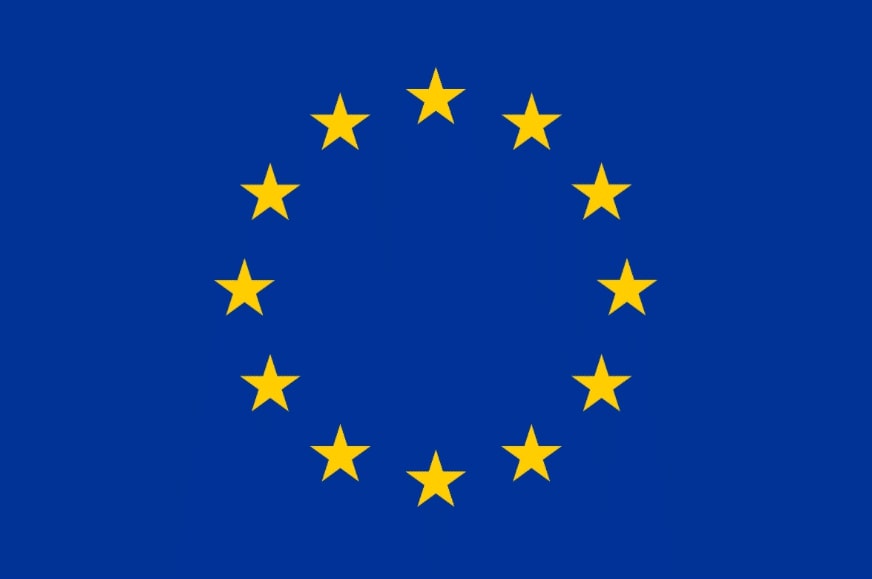REFLOW selected as best practice example
With a particular focus on the ‘societal challenges’ and ‘industrial leadership’ priorities, REFLOW project has been included in the “Integration of Social Sciences and Humanities in Horizon 2020” monitoring report as a best practice example.
To monitor the development of cross-cutting issues is an EU commitment. Prepared for the European Commission, the report’s comprehensive methodology assesses the integration of Social Sciences and Humanities (SSH) as an important feature of the Horizon 2020 programme.
Various dimensions are examined, such as the budget going to SSH partners (overall and in each part of the programme), qualitative aspects, performance of disciplines and sectors involved, as well as which countries are represented as participants and coordinators.
Thanks to its innovative approach to urban resource usage considering social, environmental, and economic impacts, REFLOW project has been included in the monitoring report while focusing on co-designing circular flows of resources in cities.
“Many societal challenges that need to be addressed through research and innovation are too complex to be overcome by a single scientific discipline (or even a few).
One recent illustration is the COVID-19 pandemic, the effects of which include socio-economic upheaval and significant cultural and behavioural change. Technical solutions are often preconditions for new policy outcomes, but in themselves insufficient to have a meaningful impact. The lasting societal impacts that policy-makers seek are often equally reliant on insights from social sciences and the humanities”, Director General for Research and Innovation (DG R&I), Jean-Eric Paquet, highlights in the foreword section of the report.
This fifth edition in particular shows that substantial quantitative progress has been made in many areas since the start of the programme. The data presented indicate how successfully the policy of SSH integration is put into practice.
This year, the scope of this monitoring report has gradually been extended to cover the topical Science with and for Society (SwafS) as part of the programme in addition to findings on fundamental research through the European Research Council (ERC), Future Emerging Technologies (FETs), Marie Sk?odowska-Curie actions (MSCAs) and Research Infrastructures (RIs).
Generating a positive environmental impact, the 27 partners from 10 European countries involved in the project combine different competences and approaches, including universities, grassroots organizations, municipalities, research institutions, designers and developers. REFLOW results will offer guidelines and tools to other cities to support circularity and regeneration of resources consisting of urban regeneration, the emergence of economic opportunities, and creative solutions to complex problems.
About REFLOW
REFLOW is an EU Horizon 2020 research project running from 2019-2022, which aims to enable the transition of European cities towards circular and regenerative practices. The project will provide the best practices aligning market and government needs in order to create favorable conditions for the public and private sector to adopt circular economy practices. REFLOW is creating new CE business models within six pilot cities: Amsterdam, Berlin, Cluj-Napoca, Milan, Paris, and Vejle and assessing their social, environmental and economic impact, by enabling active citizen involvement and systemic change to re-think the current approach to material flows in cities.
For media inquiries please contact:
[email protected]
www.reflowproject.eu
linkedin: REFLOW_eu_project
twitter: @REFLOW_project
facebook: @REFLOWproject

